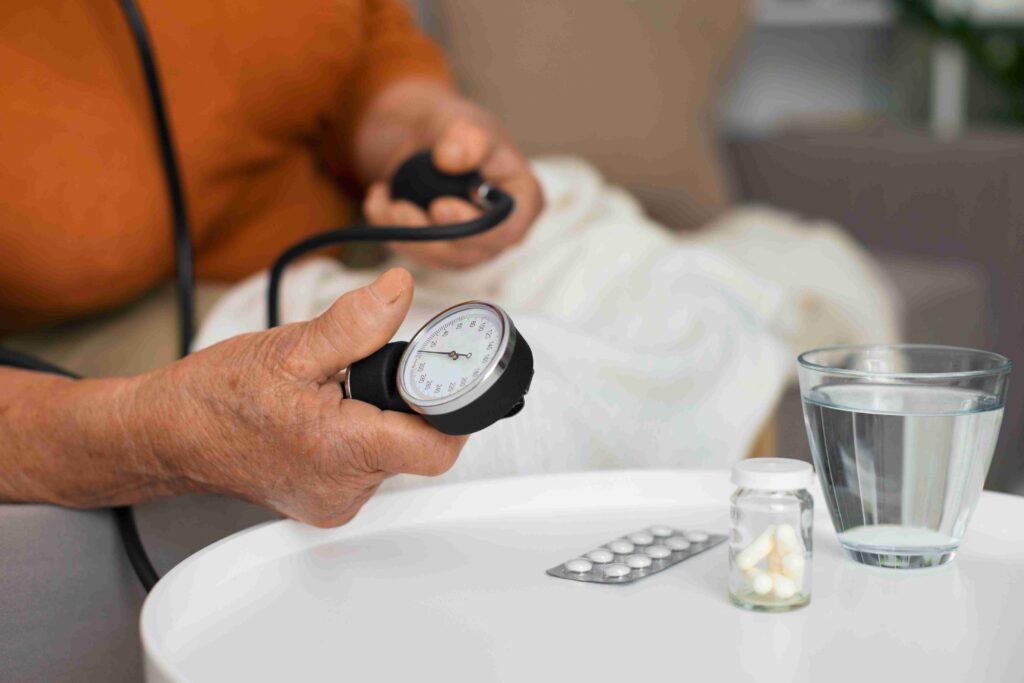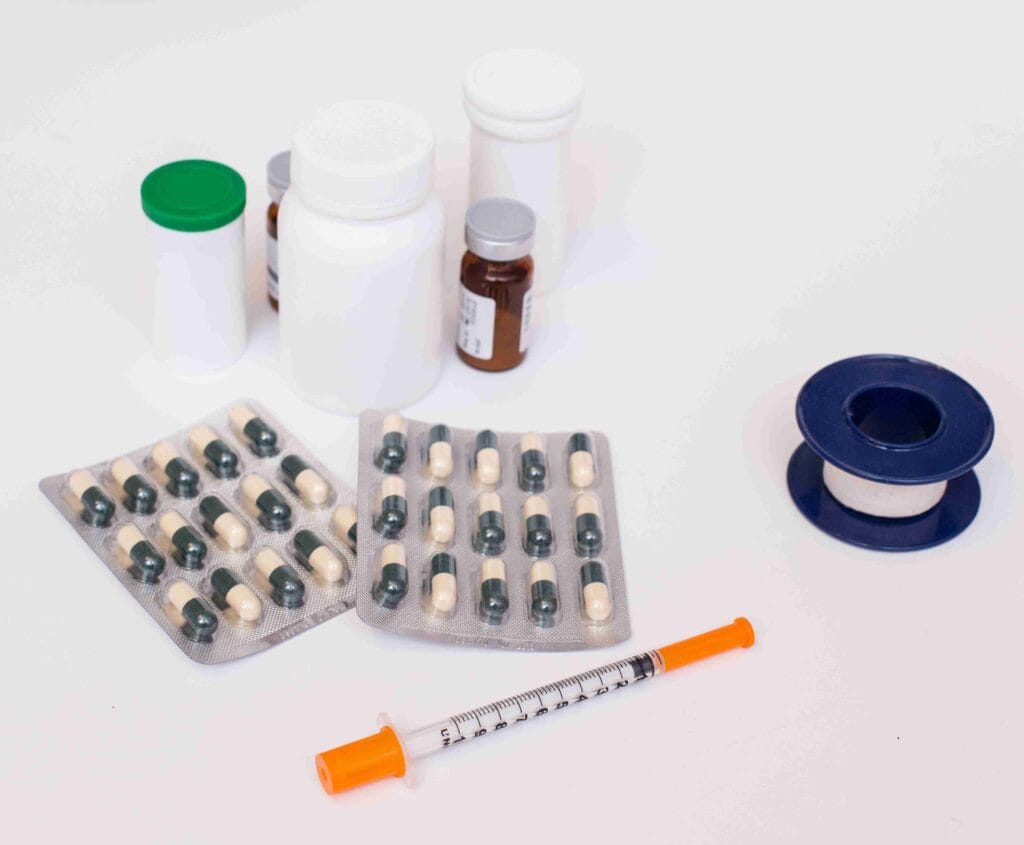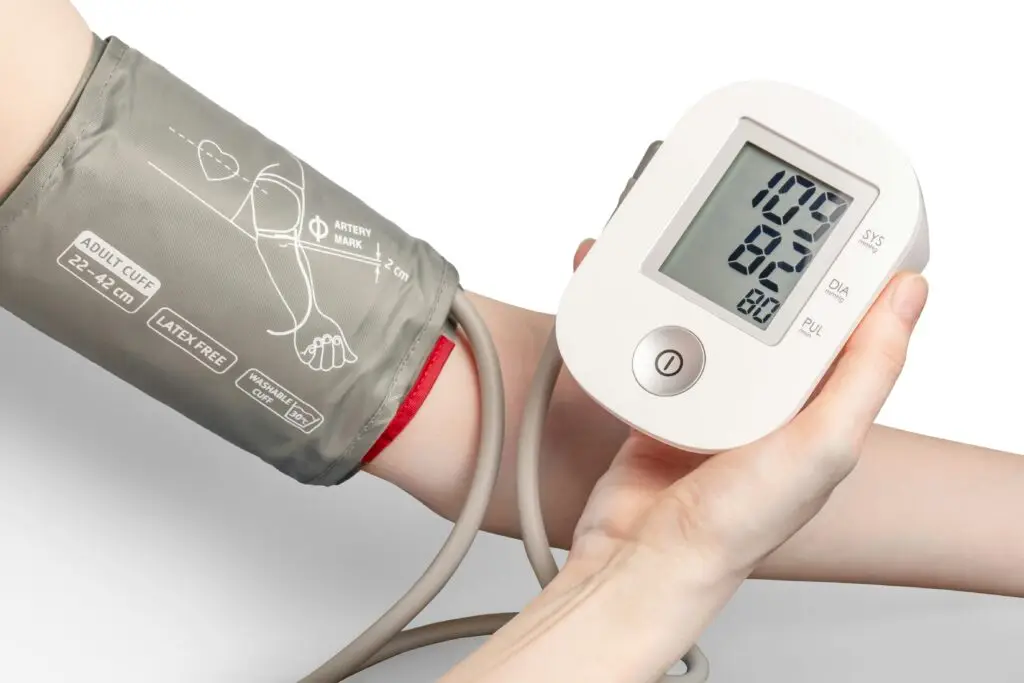
High blood pressure (hypertension) is a common yet serious condition that increases the risk of heart attack, stroke, kidney disease, and other health complications. I have talked about what blood pressure is and lifestyle changes to managing hypertension. Now in this blog post, we will dig deep into treatment of hypertesion. When you visit a healthcare provider for hypertension, they will first perform comprehensive checkups, including blood pressure monitoring, blood tests, and risk assessments for cardiovascular disease. Based on these findings, your doctor will tailor a treatment plan specific to your needs, which may include lifestyle changes, medications, or a combination of both.
Classes of Medications for Hypertension

There are several main classes of drugs used to manage high blood pressure. Doctors choose medications based on individual risk factors, other medical conditions (like diabetes or heart failure), and how well a person responds to treatment.
1. Diuretics (Water Pills)
- Purpose: These help kidneys remove excess sodium and water, lowering blood volume and blood pressure.
- Types & Examples:
- Thiazide diuretics (e.g., Hydrochlorothiazide, Chlorthalidone) – common first-line treatment.
- Loop diuretics (e.g., Furosemide) – usually for heart failure or kidney issues.
- Potassium-sparing diuretics (e.g., Spironolactone) – used when potassium levels are low.
2. Beta Blockers & Alpha Blockers
- Beta Blockers:
- Action: Reduce heart rate and workload on the heart.
- Examples: Atenolol, Metoprolol, Propranolol.
- Use: Often prescribed when hypertension is linked with heart disease or after a heart attack.
- Alpha Blockers:
- Action: Relax blood vessel walls for easier blood flow.
- Examples: Doxazosin, Prazosin.
- Note: Typically used when other medications are insufficient.
3. ACE Inhibitors (Angiotensin-Converting Enzyme Inhibitors)
- Action: Prevents formation of angiotensin II (a chemical that narrows blood vessels).
- Examples: Lisinopril, Enalapril, Ramipril.
- Benefits: Protect kidneys in patients with diabetes; often combined with diuretics.
4. Angiotensin II Receptor Blockers (ARBs)
- Action: Block angiotensin II from binding to receptors, preventing vessel constriction.
- Examples: Losartan, Valsartan, Olmesartan.
- Similarities: Work similarly to ACE inhibitors but less likely to cause cough.
5. Calcium Channel Blockers (CCBs)
- Action: Relax and widen blood vessels by affecting calcium movement in heart and vessel cells.
- Examples: Amlodipine, Diltiazem, Verapamil.
- Use: Often first-line in African American patients or those with chest pain (angina).
6. Vasodilators
- Action: Directly relax blood vessel muscles to allow easier blood flow.
- Examples: Hydralazine, Minoxidil.
- Note: Typically used when other medications are ineffective or in severe hypertension.
7. Direct Renin Inhibitors
- Action: Block renin, an enzyme that starts a chain reaction leading to high blood pressure.
- Example: Aliskiren.
- Use: Less common, sometimes used in combination with other drugs.
8. Alpha-Adrenergic Modifiers (Central Acting Agents)
- Action: Work in the brain to decrease nerve signals that tighten blood vessels.
- Examples: Clonidine, Methyldopa.
- Note: Usually reserved for resistant hypertension or special conditions (e.g., pregnancy).
First-Line Treatments
First-line treatments are the initial medications or approaches doctors typically prescribe to manage high blood pressure (hypertension) due to their effectiveness, safety, and evidence-based benefits. These are chosen based on a patient’s health profile, including age, ethnicity, and coexisting conditions like diabetes or heart disease. The goal is to lower blood pressure to a healthy range (typically below 130/80 mmHg) while minimizing side effects.
Doctors usually start with one or more of these options:
- Thiazide diuretics
- ACE inhibitors or ARBs
- Calcium channel blockers
Combination Therapy
This is type of treatment that involves using two or more blood pressure medications from different classes to achieve better blood pressure control when a single drug isn’t enough. Many patients require combination therapy to reach target blood pressure levels, especially those with stage 2 hypertension (140/90 mmHg or higher) or additional risk factors.
Many patients need more than one medication to achieve healthy blood pressure levels. Common safe combinations include:
- ACE inhibitor or ARB + diuretic
- ACE inhibitor or ARB + calcium channel blocker
- Beta blocker + diuretic (in specific cases)
Note from Dr. Zara
If you have any questions regarding the treatment you are currently taking, please email me at drzaramulla@gmail.com. I will be glad to respond to any of your queries. However, please remember that my advice does not replace your physician’s medical evaluation. Always schedule regular checkups with your healthcare provider for personalized care and medication adjustments.
Commonly Asked Questions About Hypertension Treatment
1. Can hypertension be cured with medication?
- Medications control blood pressure but typically do not cure hypertension. Lifestyle changes combined with treatment can sometimes reduce or eliminate the need for drugs.
2. How long will I need to take hypertension medicine?
- Most people require long-term treatment. Your doctor may adjust doses or types of medication over time.
3. What are the side effects of blood pressure medicines?
- Side effects vary by class. Examples include cough (ACE inhibitors), dizziness (diuretics), fatigue (beta blockers), or swelling (calcium channel blockers).
4. Can I stop my medication if my blood pressure is normal?
- Never stop medication without consulting your doctor, as blood pressure can quickly rise again.
5. Are there natural alternatives to medication?
- Healthy diet (DASH diet), regular exercise, stress management, weight loss, and limiting salt and alcohol can significantly help—but medication is often still needed.
Final Thoughts
Managing hypertension is a personalized journey that requires medical supervision. With regular checkups, proper risk assessment, and the right medication plan, blood pressure can be controlled effectively, lowering the risk of serious complications.
For personalized advice, reach out to Dr. Zara at drzaramulla@gmail.com and stay proactive about your blood pressure management! Always consult your healthcare provider for tailored guidance.

